I
In Japanese, the first person is typically expressed using pronouns or forms that indicate the speaker themselves.
Depending on the context, formality, and gender, there are a variety of ways to say "I" or "me" in Japanese.
1.私 (watashi)
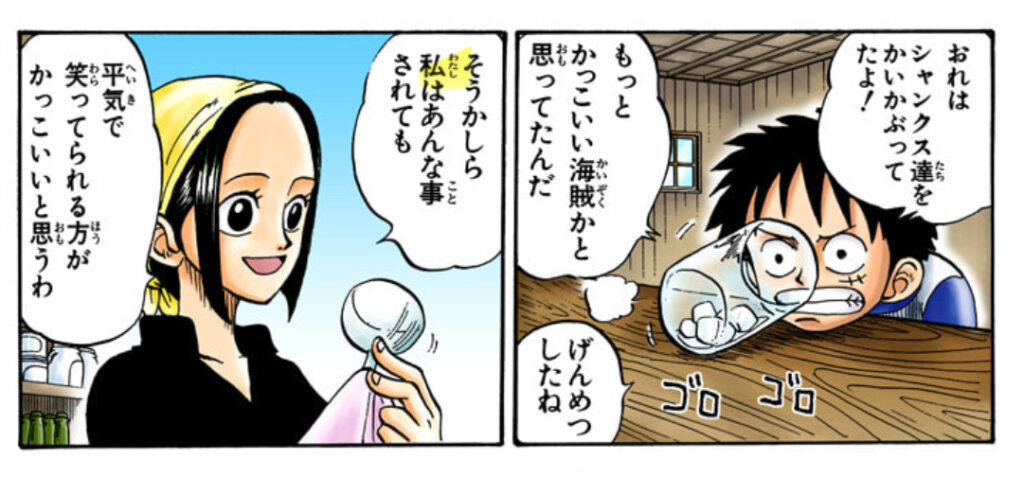
- Usage: This is the most neutral and formal way to say "I." It can be used by both men and women and is polite, so it's commonly used in formal settings, work environments, and with people you don’t know very well.
- Example: 私は学生です (Watashi wa gakusei desu) – "I am a student."
2.私 (atashi)
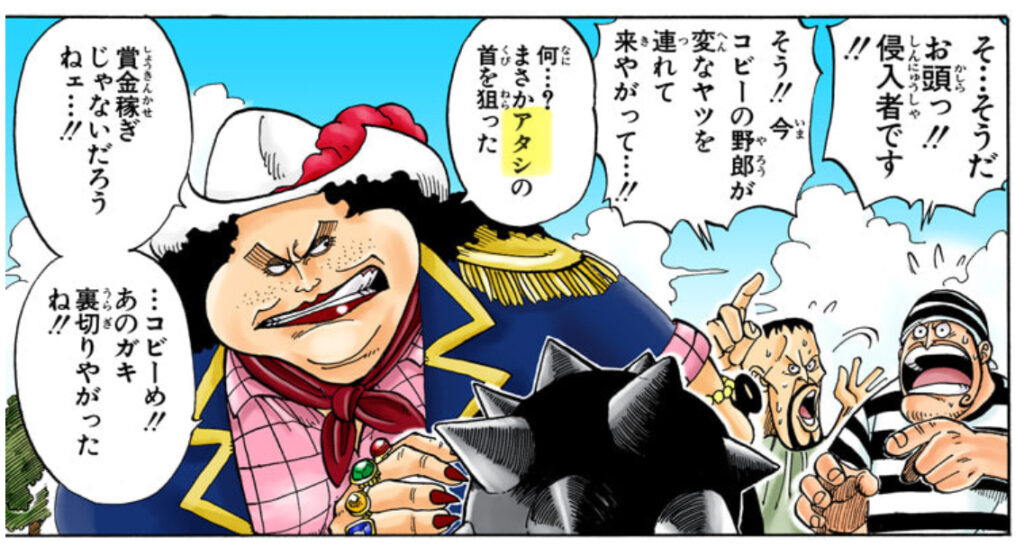
- Example: あたしは料理が好きです (Atashi wa ryouri ga suki desu) – "I like cooking."
- Usage: This is a casual, feminine form of watashi. It’s often used by women in informal situations and can sound soft and friendly.
3.俺 (ore)
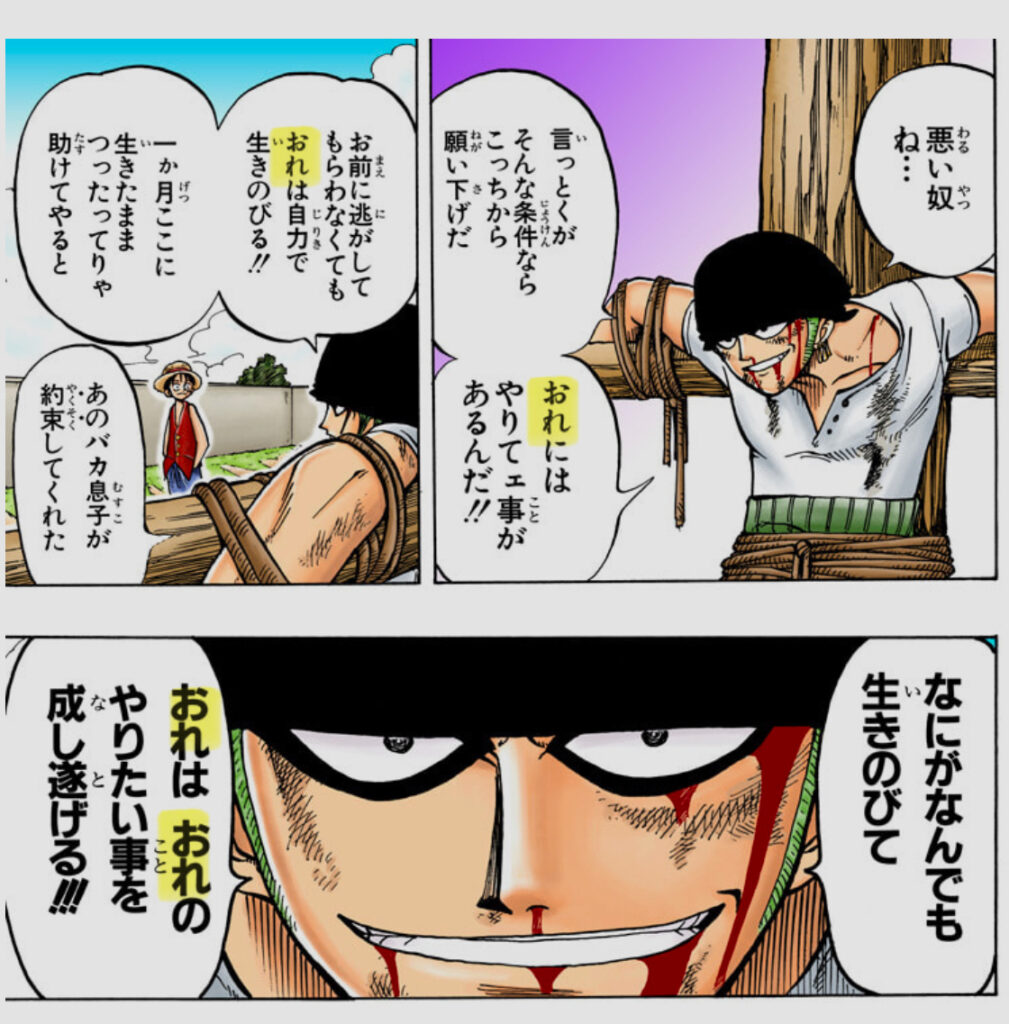
- Usage: This is a very casual and masculine way of saying "I." It’s commonly used by men in informal settings or when speaking with close friends, family, or peers. It can be rough and confident, sometimes even arrogant, depending on the tone.
- Example: 俺は行くよ (Ore wa iku yo) – "I'm going."
4.僕 (boku)
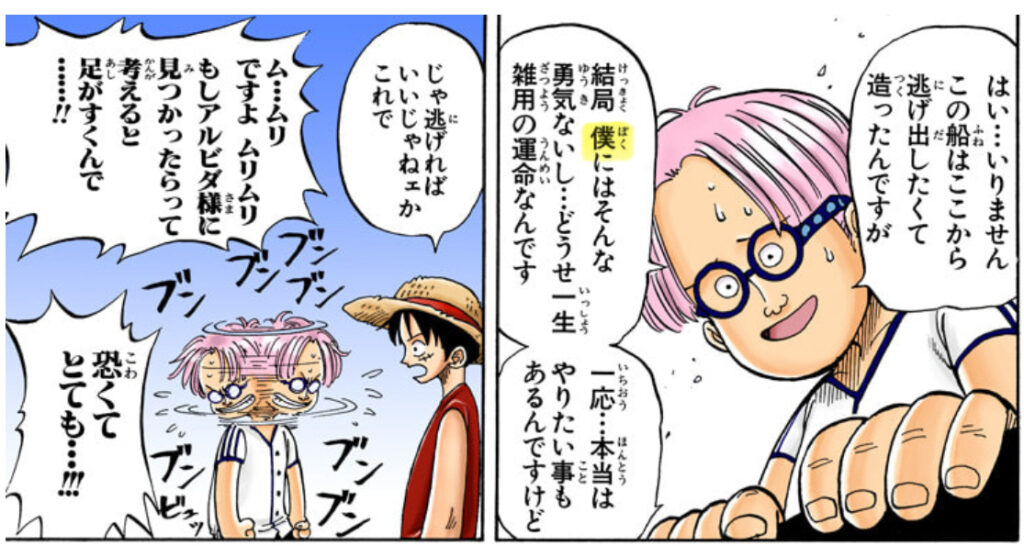
- Usage: This is a more casual and somewhat humble version of "I." It's primarily used by men, especially in informal or semi-formal situations. It's polite but not overly formal.
- Example: 僕は日本語を勉強しています (Boku wa nihongo o benkyou shiteimasu) – "I am studying Japanese."
5.我 (ware)
- Usage: This is a very formal and somewhat old-fashioned way of saying "I." It's often used in speeches, formal writing, or by people who wish to sound humble or authoritative.
- Example: 我々はこの問題を解決しなければならない (Wareware wa kono mondai o kaiketsu shinakereba naranai) – "We must solve this problem."
6.自分 ( jibun)
- Usage: Jibun literally means “oneself,” but it can be used as a humble way to refer to yourself. It's often used in more formal or humble contexts, such as in professional or sports environments.
- Example: 自分はまだまだです (Jibun wa mada mada desu) – "I’m still not there yet."
7.ワシ (washi)
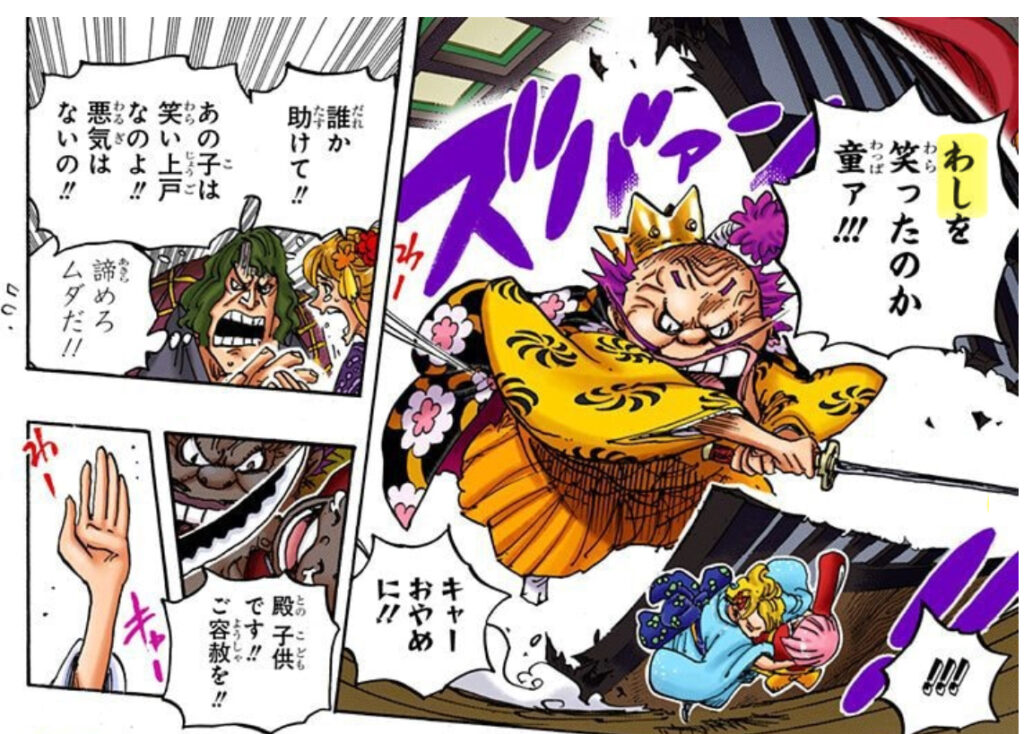
- Usage: This is an old-fashioned and informal way of saying "I," typically used by older men or in rural settings. It can sometimes sound endearing or grandfatherly.
- Example: ワシはもうすぐ帰るぞ (Washi wa mousugu kaeru zo) – "I’m going home soon."
8.拙者 (sessha)
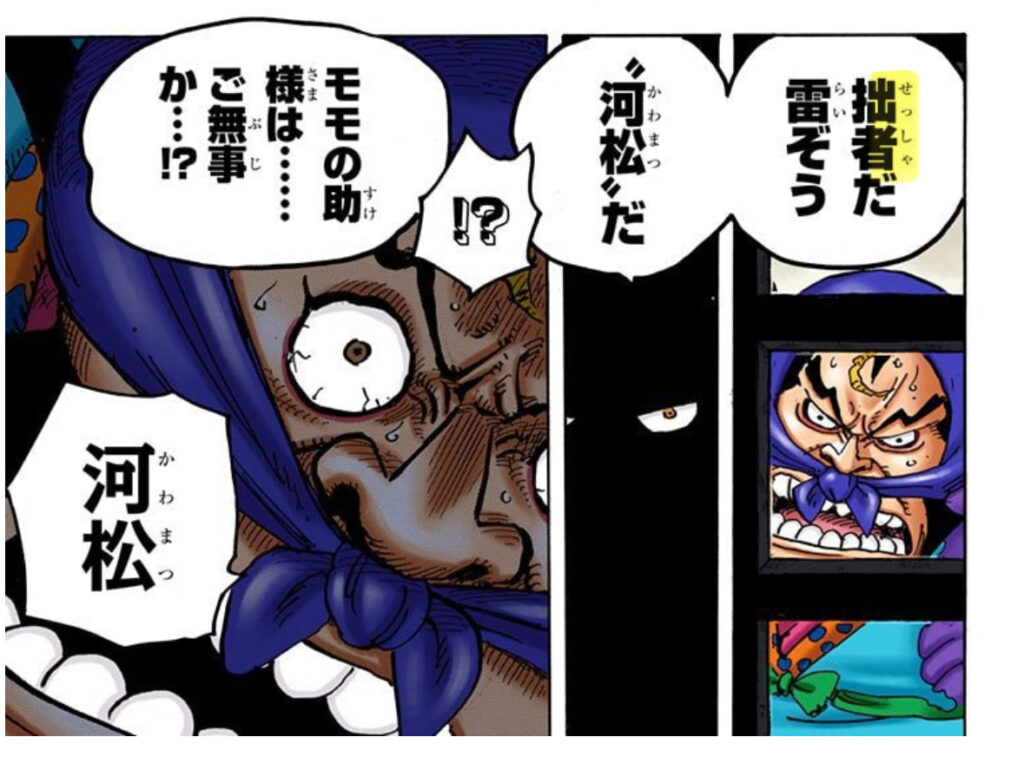
- Usage: This is a very archaic and formal way of saying "I," typically used by samurai or in historical contexts (like in period dramas). It’s rarely used in modern conversation.
- Example: 拙者はあなたに申し上げたいことがあります (Sessha wa anata ni moushiagetai koto ga arimasu) – "I have something to say to you."
You
In Japanese, the word "you" is tricky because it's not used as often as it is in English.
Japanese typically relies on context, tone, and relationships between people to avoid directly saying "you."
There are a few ways to say "you" in Japanese, but they vary greatly depending on formality, familiarity, and the situation.
1. あなた (anata)
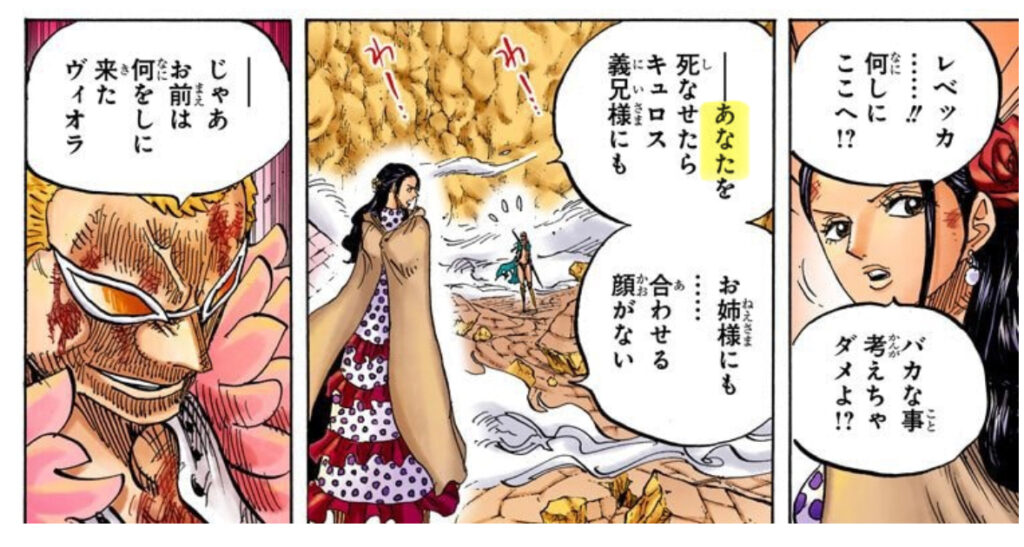
- Meaning: This is the most straightforward translation for "you." It's neutral and can be used in most situations, but it’s often avoided in conversation, as it can sound overly direct or impersonal.
- When to Use: It's appropriate in more formal or neutral contexts but can sound unnatural in casual conversation. Often, people will use names or titles instead of anata.
2. あんた (anta)
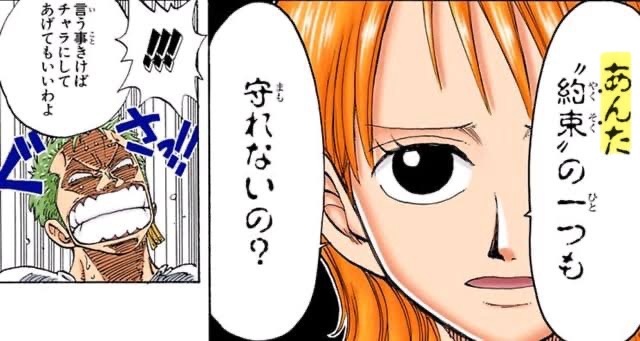
- Meaning: A very informal and somewhat impolite version of "you." It’s used in casual conversations, often by women in a familiar or confrontational way, but can come across as rude in more formal settings.
- When to Use: Used when you're familiar with someone, but it can be rude if used incorrectly. It’s similar to calling someone “you” in a slightly confrontational or dismissive way.
3. 君 (kimi)
- Meaning: This is a more casual way to say "you," often used by men in informal situations. It can be affectionate or condescending depending on the tone, so context matters.
- When to Use: Kimi is commonly used between friends, younger people, or in a relationship where the speaker is the more dominant one. It can also be used by a superior towards someone of lower status (like a boss to an employee), though it may be seen as impolite or overly familiar in such cases.
4. お前 (omae)
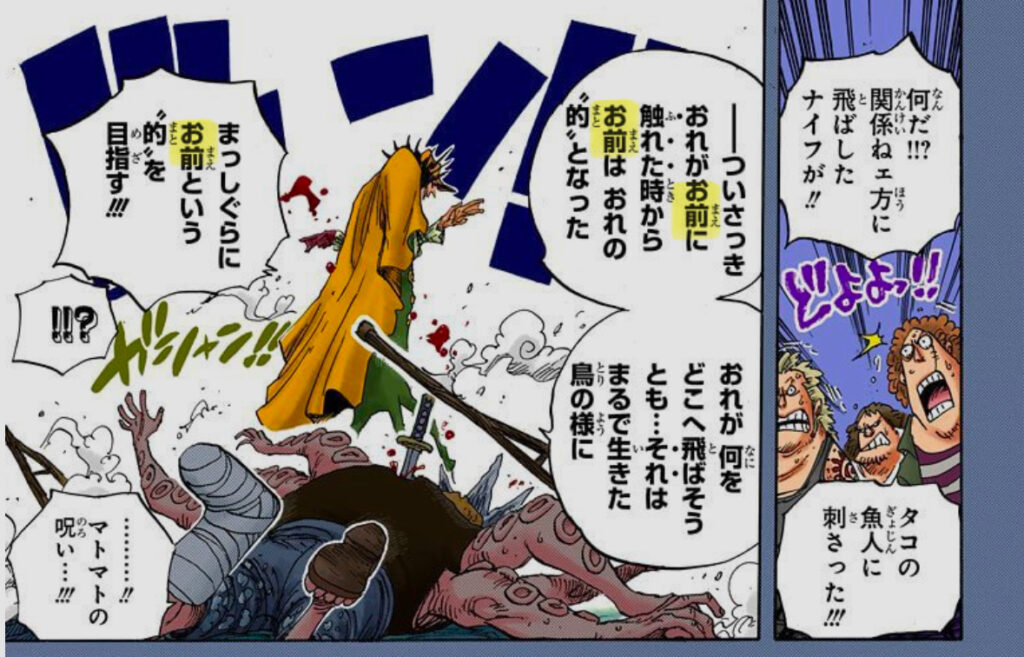
- Meaning: This is an even more casual way to say "you." It’s often used by men and can sound rude or overly blunt if not used with people you are very familiar with. It can have a rough or even affectionate tone depending on the relationship between the speakers.
- When to Use: Used in very casual settings, often between close friends or in situations where the speaker has a dominant or confident relationship with the listener. It’s also common in certain subcultures like sports teams, martial arts, or among younger people.
5. お前さん (omaesan)
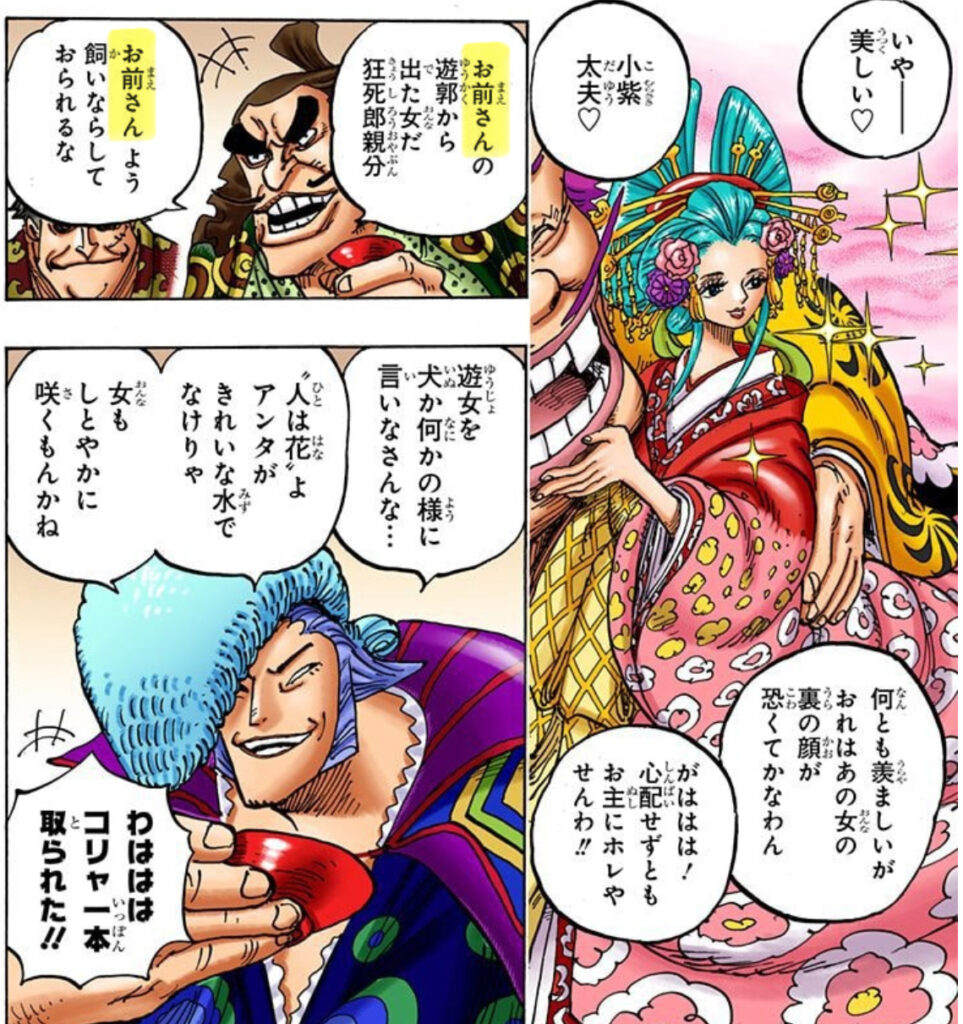
- Meaning: A more polite version of omae, used to soften the tone. It's still informal but can show respect, often used in older or rural settings.
- When to Use: Used in informal situations but with a more polite tone than just omae.
6. お宅 (otaku)
- Meaning: This is a polite form of "you," often used in formal contexts. It's very common when talking to someone in a more distant, formal setting or when addressing a customer.
- When to Use: Used when speaking to strangers or in formal situations, like in customer service. It’s a polite version that avoids using "you" directly, though it's often replaced by the person's name or title.
7. 名前 namae or Title + さん (san)
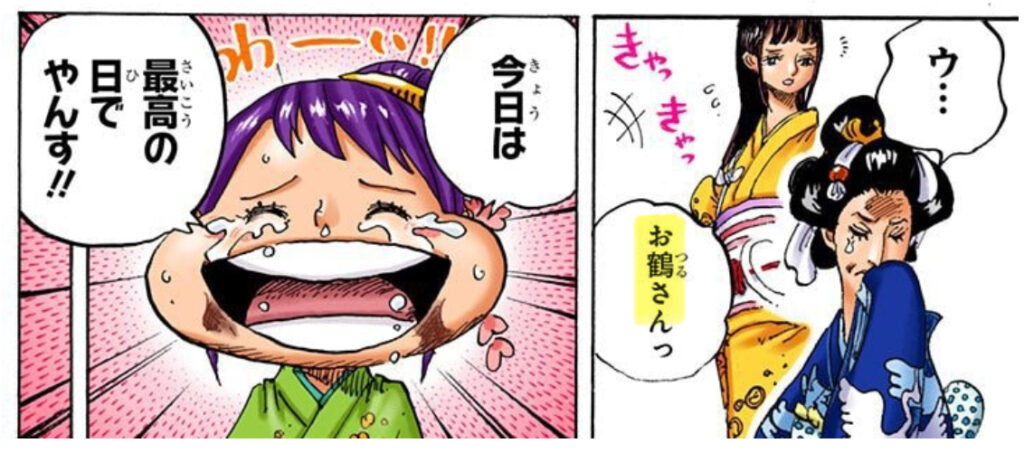
- Meaning: Instead of using "you" directly, it’s common in Japanese to use someone's name or title followed by the honorific -san. This avoids using any direct pronoun at all.
- When to Use: This is the most polite and common way to refer to someone, especially in formal or business settings. For example, instead of saying anata, you would say "Tanaka-san" (田中さん) to refer to Mr./Ms. Tanaka.
8.貴様 (kisama)
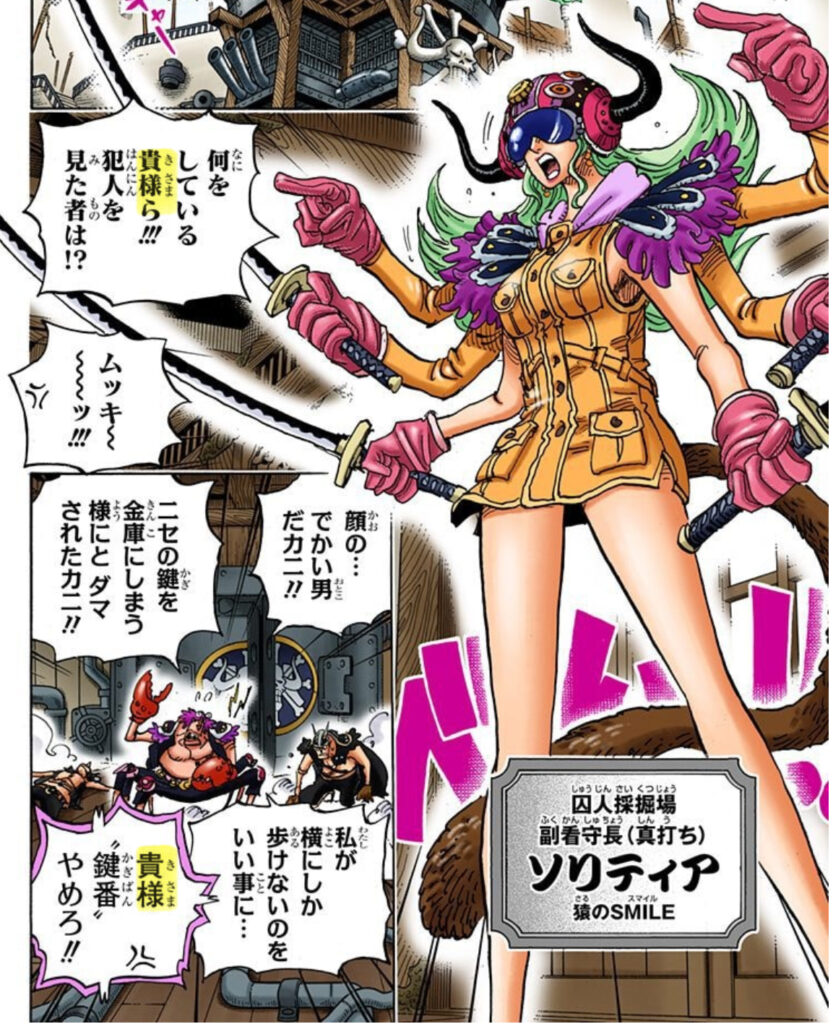
"Kisama" is a Japanese word that translates roughly to "you" in English, but it's considered highly disrespectful and impolite. It’s often used in anime, manga, or by certain characters when expressing intense anger or disdain. Depending on the context, it can come across as quite offensive.
They
Key Differences
- All of these terms are casual and used to refer to a group of people in an informal way.
- "Koitsura" (こいつら) can feel more personal and direct, while "Aitsura" (あいつら) and "Soitsura" (そいつら) feel more detached.
- "Aitsura" is neutral, but "Koitsura" and "Soitsura" can sound a little more derogatory depending on the speaker's tone and context.
1.こいつら(Koitsura)
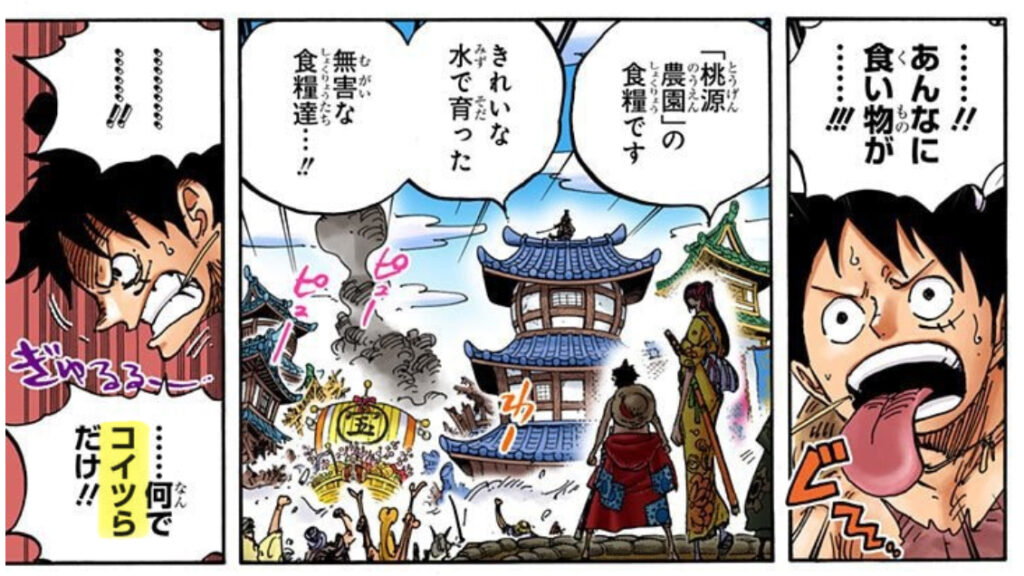
- This term is a colloquial way to refer to a group of people, typically in a very casual or even slightly rough tone. It literally comes from "koitsu" (こいつ), which means "this guy" or "this person," and "ra" (ら), which is a plural suffix.
- It's commonly used by young people or in informal settings and can sometimes sound rude or disrespectful, depending on the context and tone.
- Example: こいつら、もう信じられない!(Koitsura, mō shinjirarenai!)- "These guys, I can't believe them!"
2.そいつら(Soitsura)
- "Soitsu" (そいつ) is another casual term for "that person" or "that guy," usually referring to someone already mentioned or in the context of a specific group. "Soitsura" is the plural form of this, referring to "those guys" or "those people."
- This term can also carry a slightly negative or dismissive connotation, often used when talking about people you're not particularly fond of.
- Example: そいつら、何してるんだろう?(Soitsura, nani shiterun darou?) – "What are those guys doing?"
3.あいつら(Aitsura)
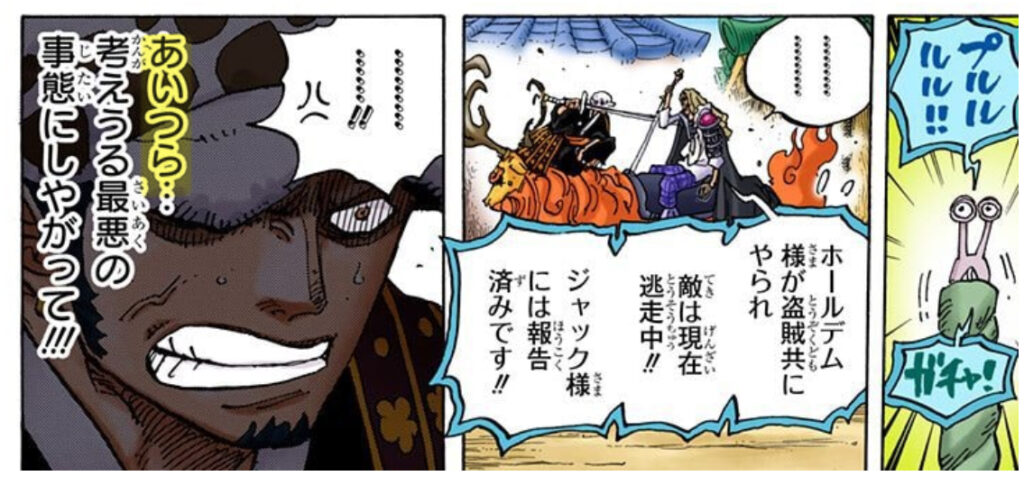
- Similar to "koitsura," but "aitsu" (あいつ) refers to "that person" or "that guy" in a distant or slightly negative way. It's a more neutral form than "koitsu" but still informal.
- It can also sound dismissive or even disrespectful depending on the tone, and it is often used when speaking about someone you don’t like or when referring to a group of people in a less-than-friendly way.
- Example: あいつら、どこ行ったんだろう?(Aitsura, doko ittan darou?) – "Where did those guys go?"